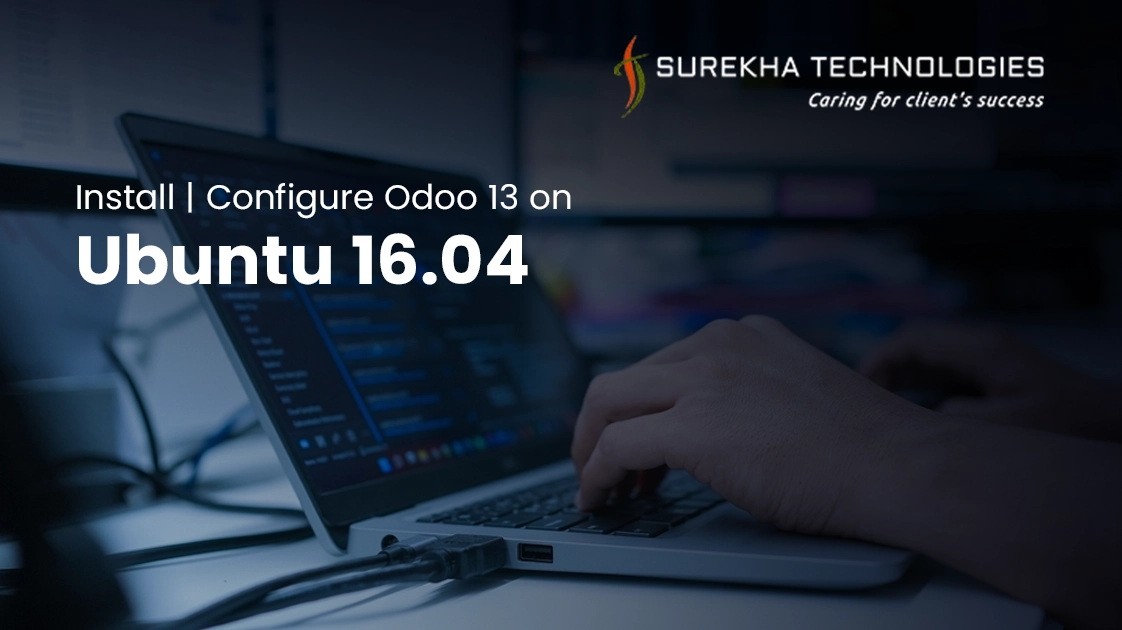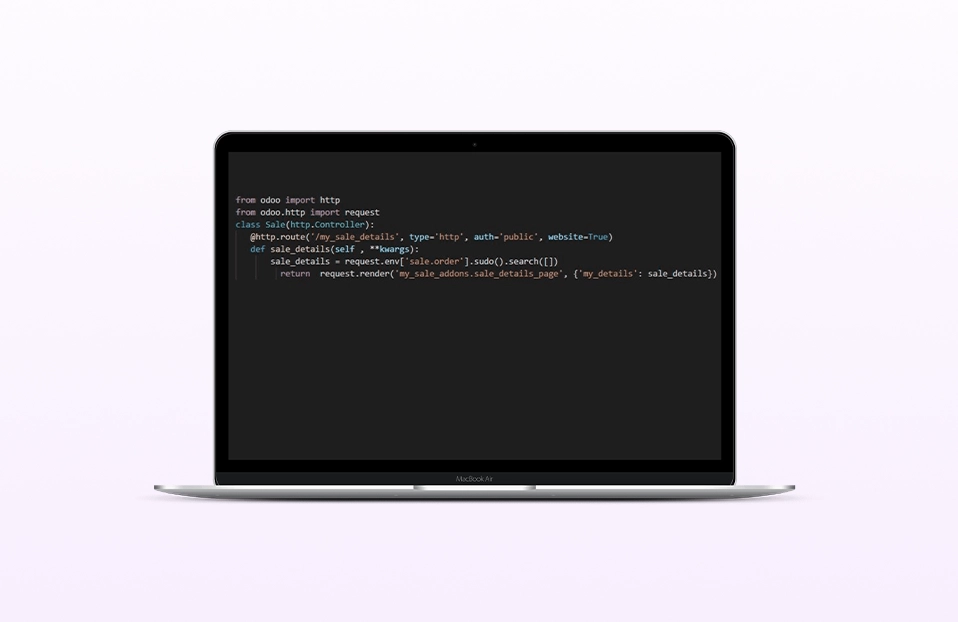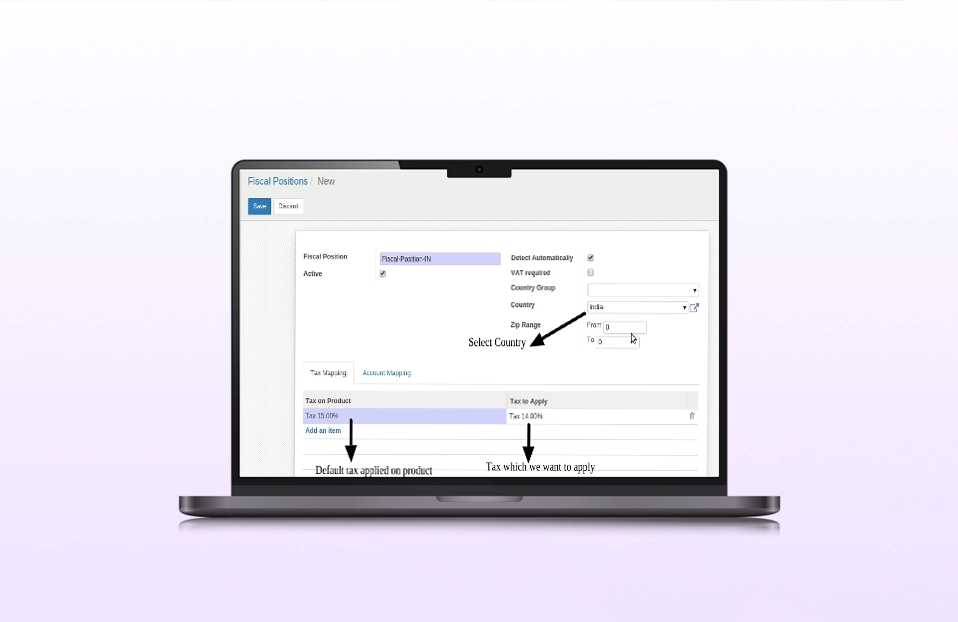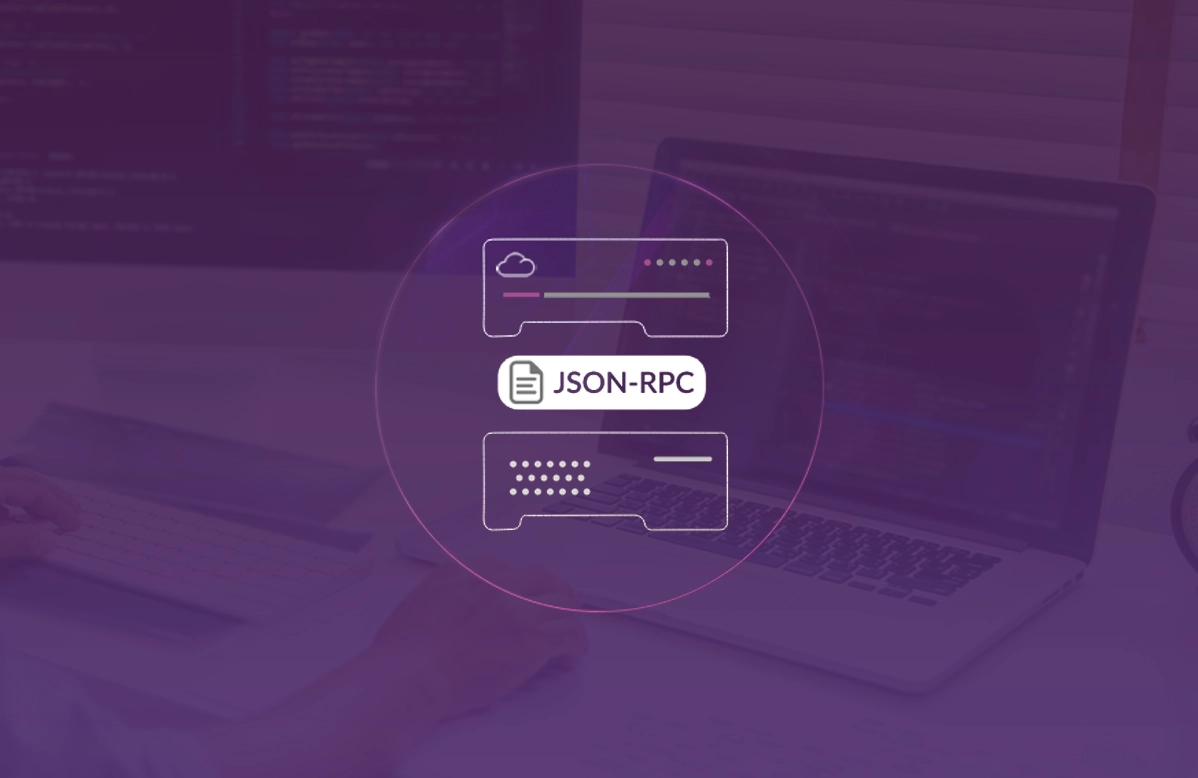Install | Configure Odoo 13 On Ubuntu 16.04
 February 04, 2020
February 04, 2020

Odoo is a leading open source ERP and CRM platform that makes it most prominent to use. There are various released versions of Odoo and with each version, Odoo comes up with major or minor improvements, new features, and functionalities that make it more better than the earlier. Here Odoo version 13 has various improvements and new features that improve the UI and functionality for the users.
Follow the below steps to install Odoo 13:
Step 1: Update the apt package
- sudo apt-get update
- Run following commands if you are getting error like
“Unable to lock the administration directory (/var/lib/dpkg), is another process using it?” Or “Could not get lock /var/lib/dpkg/lock - open( : Resource temporarily unavailable)”
- sudo rm /var/lib/dpkg/lock
- sudo rm /var/lib/apt/lists/lock
- sudo rm /var/cache/apt/archives/lock
Do not run the first command again.
Step 2: Install PostgreSQL
Odoo requires a Postgresql database to store and maintain its contents.
- To install Postgresql run below command:
- sudo apt install postgresql
- After installing the database server start PostgreSQL by running the following command:
- sudo systemctl start postgresql
- Now create a database user:
- sudo su - postgres -c “createuser -s odoo”
- Then create a new database for user Odoo, run the below command:
- sudo su - postgres -c “createdb <db-name>”
- Next grant all privileges to user Odoo on <db-name> database:
- sudo su - postgres psql
- GRANT ALL PRIVILEGES ON DATABASE <db-name> to odoo;
- Press Ctrl+D to exit the Postgres user session.
Step 3: Create Odoo user
- Now create Odoo user’s home directory:
- sudo mkdir /opt/odoo
- sudo useradd -d /opt/odoo -U -r -s /bin/bash odoo
- sudo chown -R odoo:odoo /opt/odoo/
Here the user's home directory will be /opt/odoo.
Step 4: Install and configure Odoo13
Now continue below to install and configure odoo13. Download the current latest version zip file from nightly build repository from the given URL: https://nightly.odoo.com/13.0/nightly/src/
To extract the file and transfer it to /opt/odoo directory follow below steps:
- Go to the directory where Odoo 13 is downloaded.
- sudo unzip <file-name>
- sudo cp -r <directory-name-of-unzipped-odoo13> /opt/odoo/
- sudo chown -R odoo:odoo /opt/odoo/<odoo13-directory>
- The file odoo-bin is NOT in the directory.
- You can download it from https://github.com/odoo/odoo/ of branch 13.0 and put it on /opt/odoo/<odoo13-directory>
- Now install all requirements by running the following command:
- sudo apt install python3-pip
- sudo apt-get upgrade python3
- cd /opt/odoo/<odoo13-directory-name>
- sudo pip3 install -r requirements.txt
Step 5: Install Web Dependencies
sudo apt-get install -y npm
- If you get warning like “E: Unmet dependencies. Try 'apt-get -f install' with no packages (or specify a solution)”. Run the following command
- sudo ln -s /usr/bin/nodejs /usr/bin/node
- sudo apt-get install npm (ignore this command if already exist)
- sudo npm install -g less less-plugin-clean-css
- sudo apt-get install node-less




